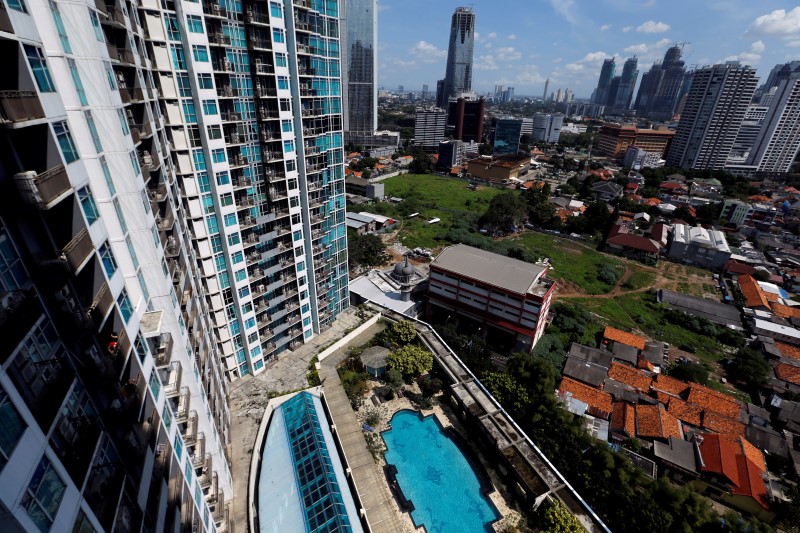(Bloomberg) -- Indonesia’s central bank will need to tighten monetary policy to protect the currency if the U.S. raises interest rates more than three times this year, former Finance Minister Chatib Basri said.
Bank Indonesia, which has so far resisted raising rates, has been vigorously intervening to protect the rupiah which fell to a two-year low last month. Policy makers are bracing for further volatility amid forecasts for more rate hikes in the U.S. this year.
"If the Fed raises rates four times this year, I think it’s most likely that Bank Indonesia should raise the interest rate by 25 basis points at least by the end of the year," Basri said Monday in an interview with Bloomberg TV’s Haslinda Amin. "Every Asian country now, like it or not, should follow the direction in the U.S. otherwise they cannot maintain the parity and the stability for the exchange rate."
Former Indonesian Finance Minister on China, Trade (Video)
The rupiah has fallen more than 2.6 percent against the dollar since the end of January, and foreign reserves slid almost $4 billion in February. The central bank last month left its benchmark interest rate unchanged for a sixth month in a row at 4.25 percent.
Still, Basri said that the current rupiah weakness is not a risk for the economy at this point. He said a level of 13,800 rupiah per dollar is "not a big issue for Indonesia" so long as the central bank can restrain the volatility.
Trade War
Basri, who was a minister in 2013 to 2014, said the brewing trade war between the U.S. and China would have negative consequences for Southeast Asian economies.
"The impact may come in the financial sector through bonds, through stocks but most importantly, it will have an impact on future China growth which later on will be translated into Southeast Asia countries including Indonesia," Basri said.
"If China slows down because of this trade war, it will have an impact on our exports and later on will be translated into a slowdown of our gross domestic product growth,” he said.
(Corrects currency level in Basri’s comment in fifth paragraph in story that originally ran on April 2.)
